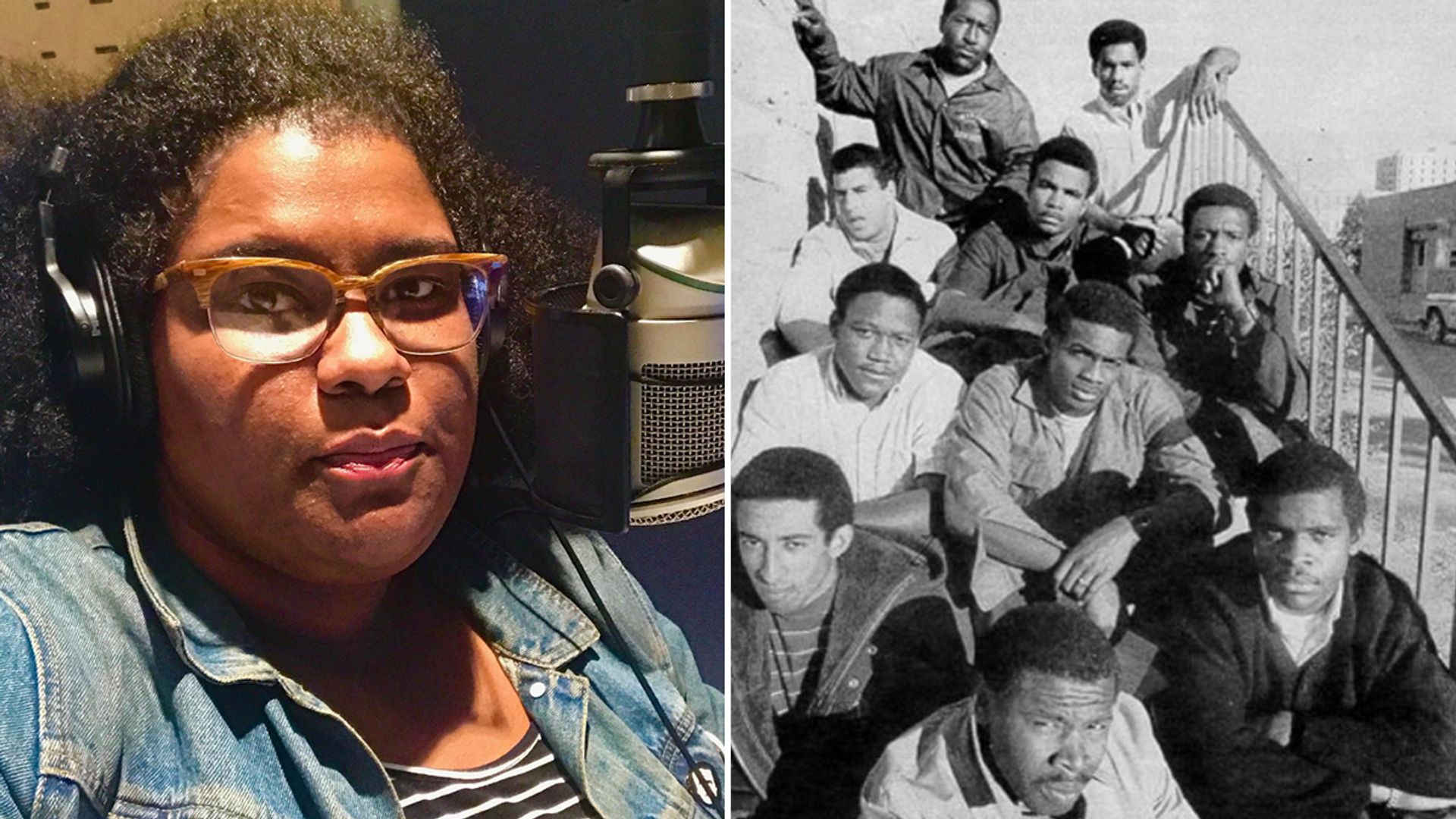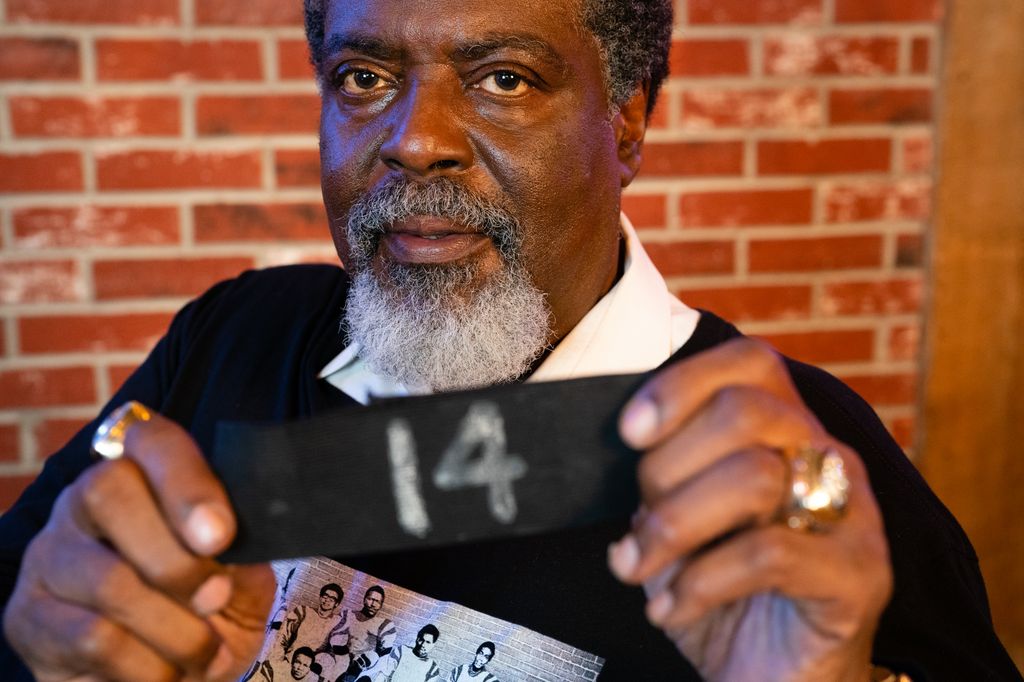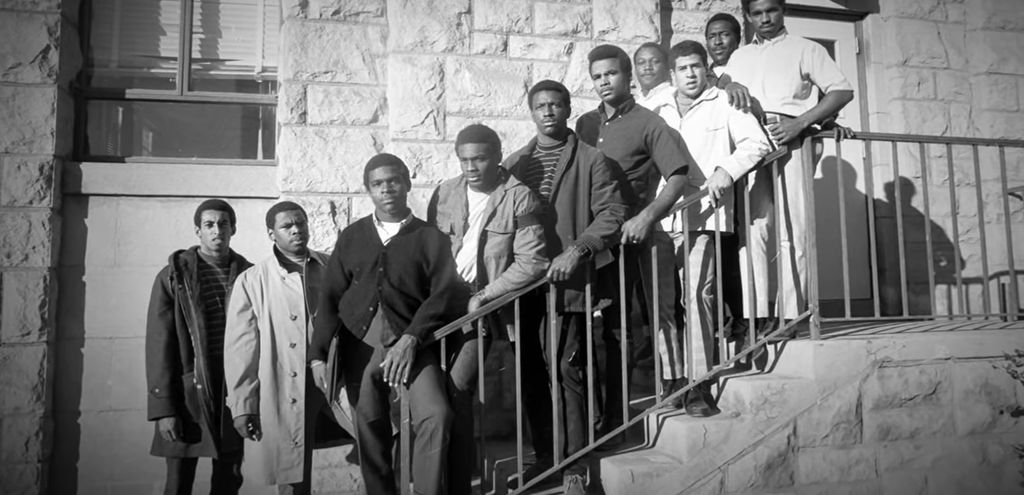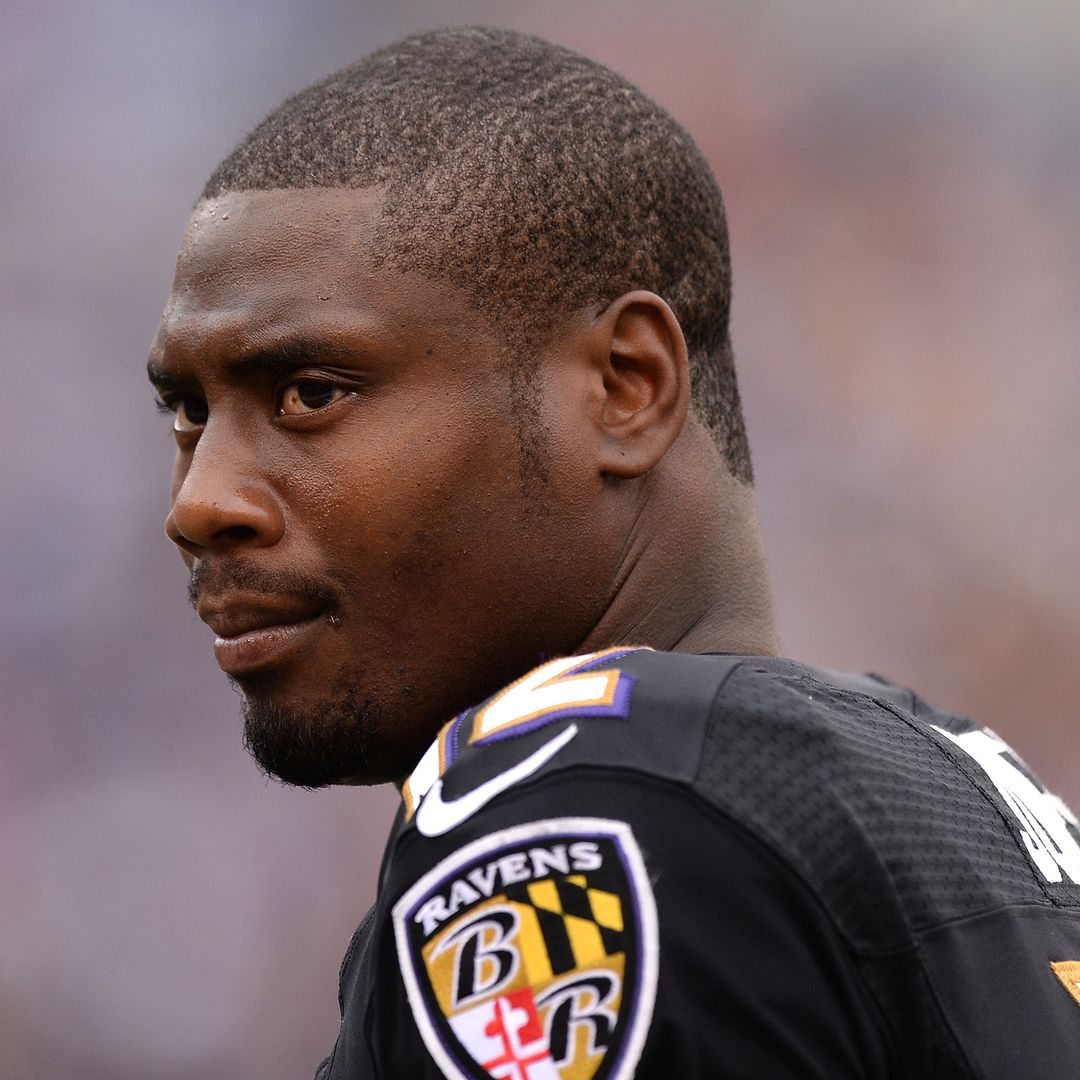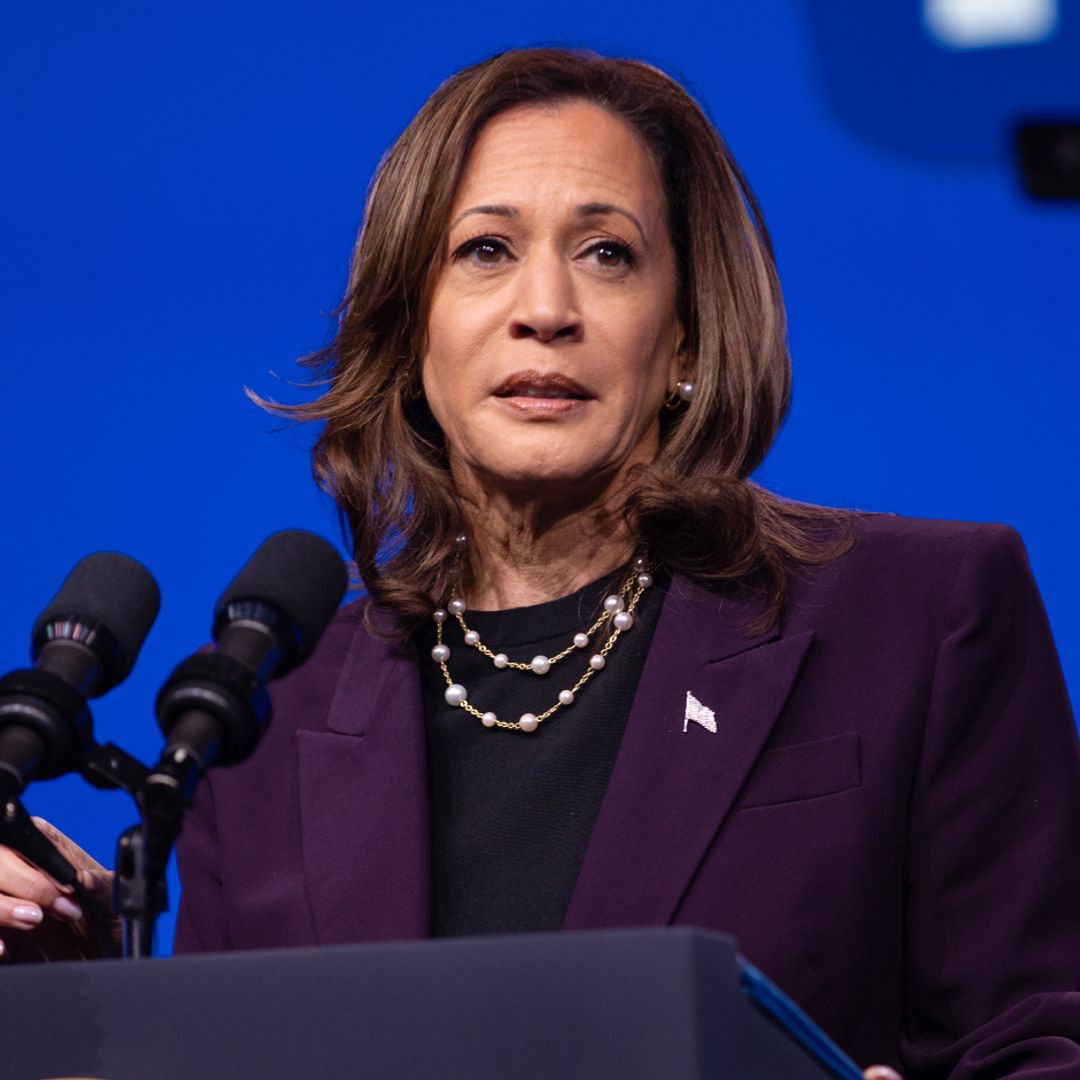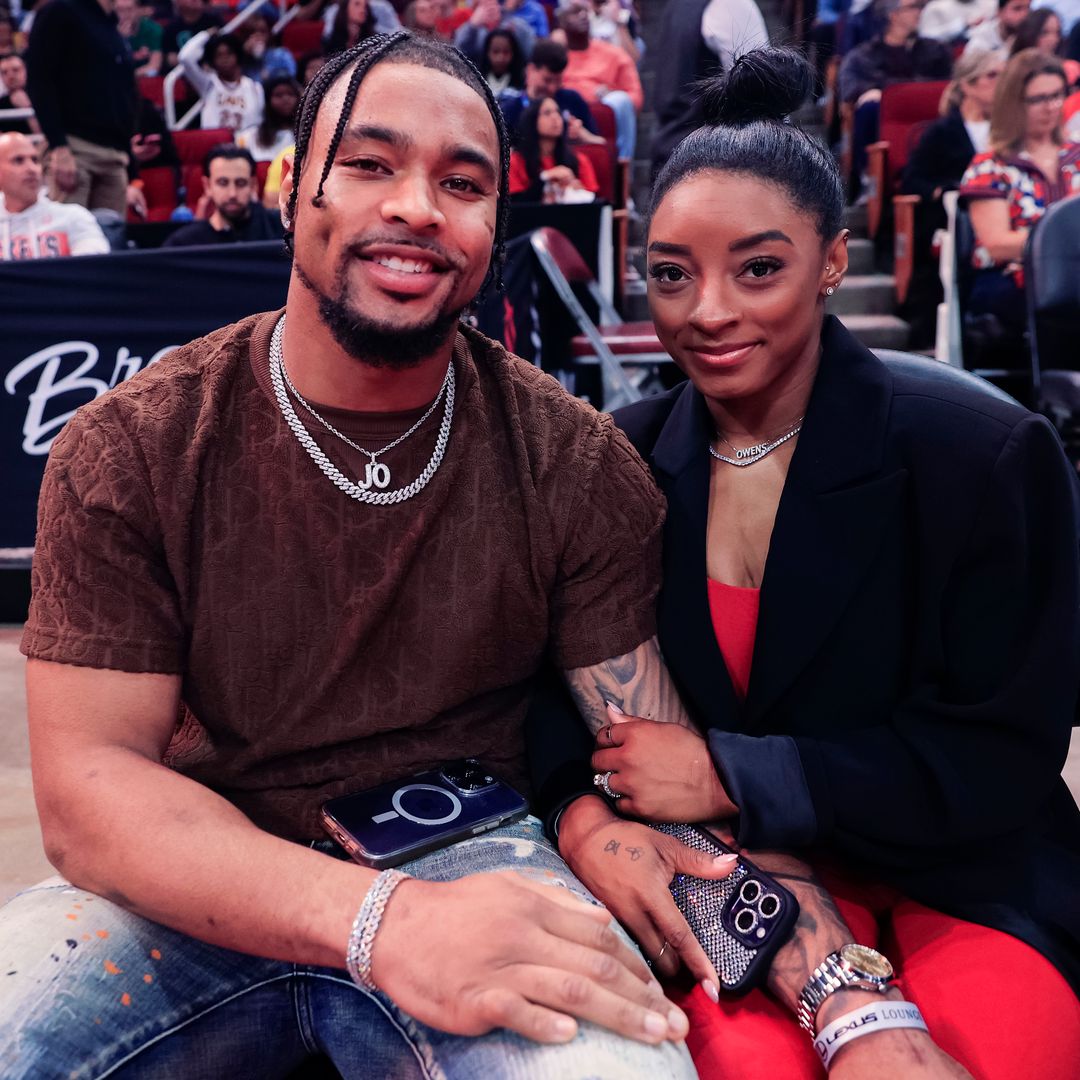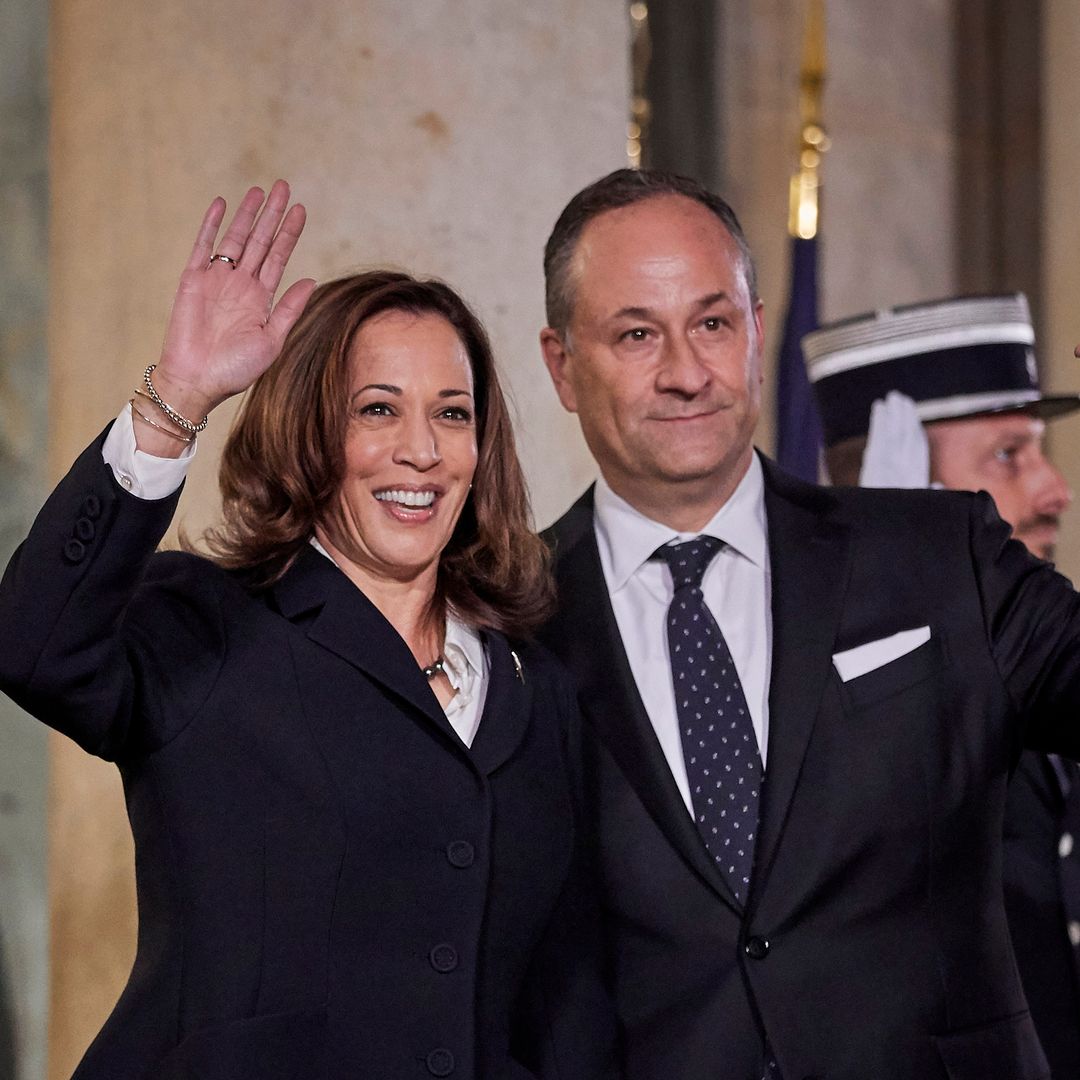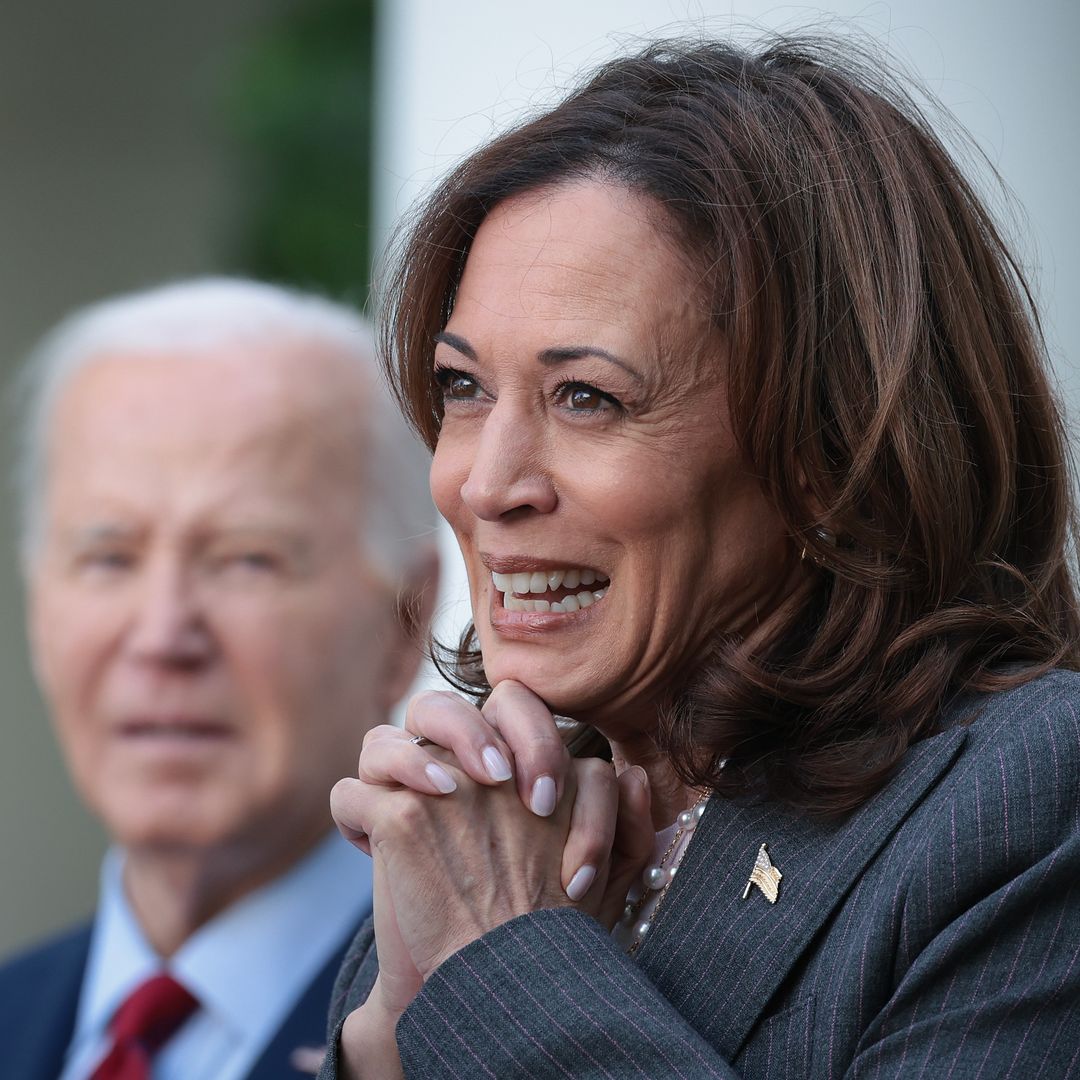Whenever someone might think of racism in the United States during the 1950s and 1960s, the most obvious figures will be Martin Luther King Jr. and Rosa Parks, however, there was another large scandal that has been mostly forgotten by history.
In 1969, Lloyd Eaton, the coach of the Wyoming Cowboys college football team, removed 14 Black players from the team after they planned a protest against the Brigham Young college football team, which had subjected them to racist jibes and actions during the previous season. The 14 players were simply planning on wearing a black armband, similar to what soccer players in the 2022 World Cup in Qatar did with the rainbow-colored armband.
Initially no apologies came to the players, who had their lives upended by the incident, however, in 2019 the college issued an apology and hosted the surviving players at an event in their honor.
The story has now been immortalized in a podcast for the BBC World Service, which has been broadcast during Black History Month. The podcast series, which forms part of Amazing Sport Stories, is hosted by NPR's B. A. Parker, who is the co-host of the station's Code Switch.
Speaking exclusively to HELLO! about the importance of the series, B. A. explained: "I've never heard the story, they talk about Tommy Smith and John Carlos, who protested in 1968 at the Olympics, putting their fist in the air. But something like the Black 14, which when you hear the story is absolutely astounding, that these 14 young Black men had no idea that they would become these political figures, that they were protesting for their humanity and for their livelihood and for their futures.
"It's something that I think is really important for younger generations to hear. We've looked at what happened with Colin Kaepernick, or LeBron James, and even in the UK when the Premier League captains took a knee, there was a big kerfuffle about around that. It's such a simple way to protest and it's not even saying anything incendiary. It's just making a stance to say: 'I'm a human being in this world that deserves to be acknowledged and respected'."
The radio host continued: "When Black History Month comes around, it tends to be the greatest hits of Black History Month, with Martin Luther King and Rosa Parks and internationally there's Nelson Mandela, and Desmond Tutu. But this a refreshing and timely discussion, especially around the Super Bowl an institution that is known to not handle protest from its athletes of color well."
For the series, B. A. got to speak to the surviving athletes who were kicked off the team, and she revealed that each of them had different reactions to recalling the events, with some still harboring negative emotions around the incident while others had moved on with their lives.
"I would be talking to these lovely older gentlemen about the biggest trauma of their life at like 10 o'clock in the morning, and they would be so polite," she shared. "They call me Ms. Parker and say, 'Well, young lady'.
"The biggest surprise was just how it impacted each gentleman's life differently, and how they processed it and how the people around them that supported them. One man I interviewed, he was in a bowling alley and his wife was there the whole time holding his hand, and the story seemed to still get to him. There are other men that were jaded by the event, but were able to move past it."
Nearly 55 years have passed since the incident, however, B. A. reflected that there are still similarities to the racism faced by the players to racism faced by Black Americans today. "There are situations where there is overt hostility and overt discrimination," she commented.
"We'll see later in the story with the Black 14, when they were kicked off the team, they attended football games and the majority of the spectators supported Coach Eaton, who had kicked the students off the team. They started wearing Eaton merch with his name on it in support and one of the players I talk to likened it to wearing a MAGA hat.
DISCOVER: 10 inspiring and engaging Black History Month books for UK kids and teens
READ: Meghan Markle releases passionate statement to mark Black History Month
"You can very clearly see who is on the hostile side of history and things like that seem not to have changed much in the past 50 odd years. But today, there also seems to be a much more malignant, quiet, sinister level of racism that you can't really pinpoint, but you'll know it when you see or feel it. That is more applicable to the 21st century in the 20th century."
The Black 14 is available to listen to now on BBC Sounds
